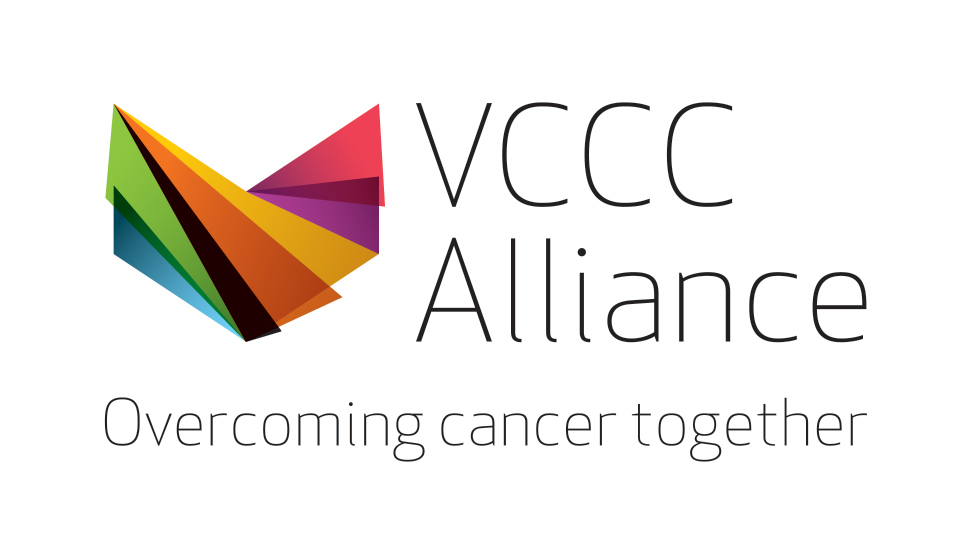Monday Lunch Live
21 July 2025 (Video recording below)
Optimising cohort research: Leveraging new technologies for better outcomes
This talk discusses innovations in a large population cohort study such as studies of blood-based cancer detection, AI-based digital pathology, and virtually administered clinical assessments.
The Cancer Prevention Study-3 is a large nationwide prospective cohort study conducted by the American Cancer Society. Enrollment of approximately 300,000 cancer-free participants between the ages of 30 and 65 years took place between 2006 and 2013 across the United States at various community sites.
Participants signed an informed consent, completed a lifestyle and health history survey, and provided a small blood sample. While participants are minimally followed with triennial surveys and routine linkages for cancer and mortality outcomes, several innovative enhancements have taken place in this study.
This presentation highlights how technologic integration, AI applications to expand clinical data collection, use of various biologic specimens, and novel types of data collection through remote engagement with study participants are leading to new breakthroughs in cancer-related population research. With these new tools, prospective epidemiologic cohorts have the potential to have a broader impact in scientific discovery.
Chair
Professor Gang Chen
Head of Cancer Health Services Research Unit & The Advanced Genomics Collaboration (TAGC)'s Health Economics Platform, The University of Melbourne
Health Economist, Centre for Health Services Research in Cancer, Peter MacCallum Cancer Centre
Prof Gang Chen leads The Advanced Genomics Collaboration (TAGC)'s Health Economics Platform at the Collaborative Centre for Genomic Cancer Medicine and Centre for Health Policy at the University of Melbourne. As a health economist with the Centre for Health Services Research in Cancer at Peter Mac, his research focuses primarily on health preference information, patient-reported outcomes, and health economic evaluation.
Speakers
Dr Alpa V. Patel
Senior Vice President, Population Science American Cancer Society
Dr Alpa V. Patel earned her Bachelor of Science from the University of Florida, her Master of Public Health in Epidemiology from the Rollins School of Public Health at Emory University, and her Doctoral degree in Preventive Medicine with a concentration in Epidemiology from the Keck School of Medicine at the University of Southern California. She oversees a team of approximately 60 research and study management staff, and serves as the principal investigator of the Cancer Prevention Studies (CPS) II and 3 that are long-term, large-scale, epidemiologic cohort studies established by the American Cancer Society.
Combined, these two cohorts include over 1.5 million participants with a variety of over 400,000 biologic samples (such as blood, buccal cells, saliva, stool, and tumor tissue). Additionally, as the co-Principal Investigator, Dr Patel and team launched the largest ever cancer cohort of Black women in the U.S. aimed to enroll at least 100,000 Black women to understand the multi-level drivers of cancer risk and outcomes in this population.
Dr Patel is a recognised leader in cancer epidemiology with particular emphases on the role of physical inactivity, obesity, sedentary behavior and cancer as well as risk assessment and blood-based markers of cancer detection. She has published nearly 300 scientific articles and book chapters, and her research has contributed significantly to national and international cancer prevention guidelines, such as the US Physical Activity Guidelines for Health and the American Cancer Society’s Nutrition and Physical Activity Guidelines for both cancer prevention and cancer survivorship.
Resource details

This course is brought to you by


